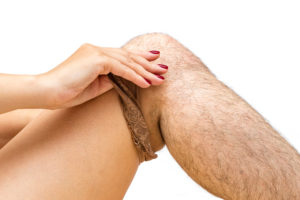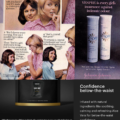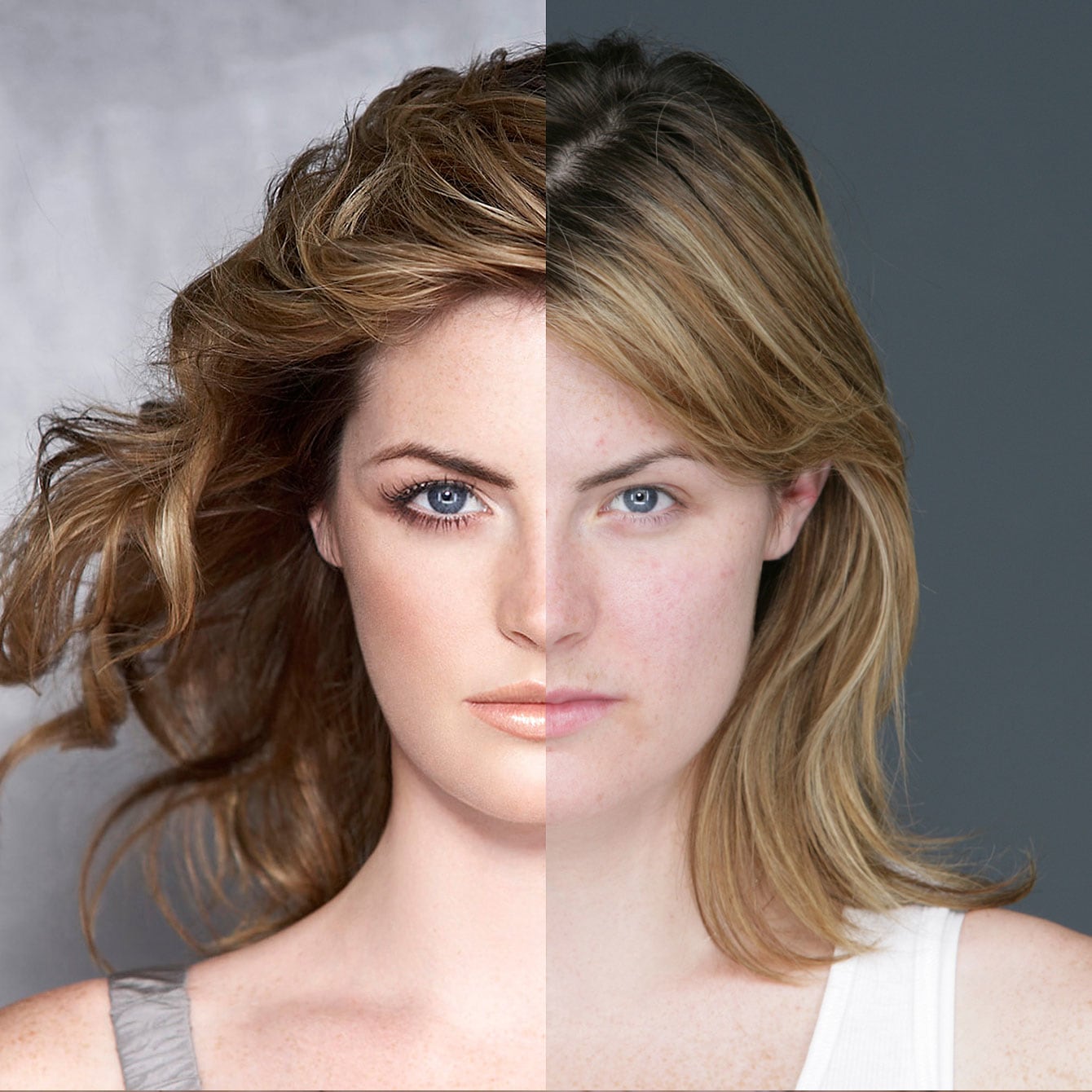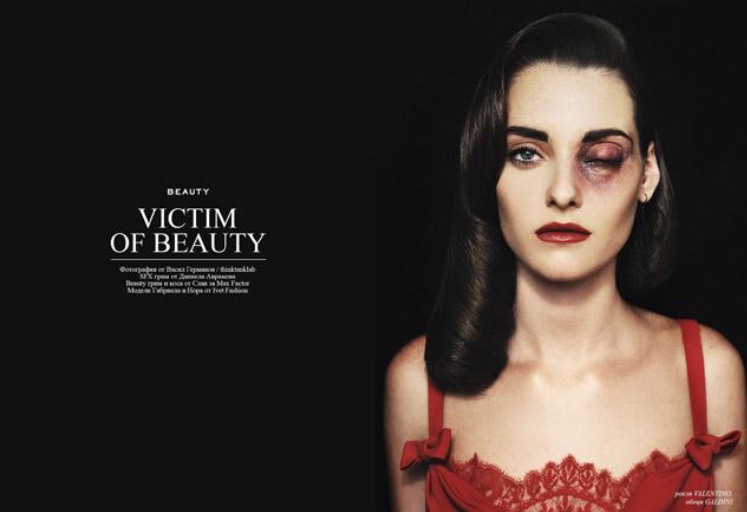
It is a well-known societal practice for women to remove their body hair. Usually beginning around puberty, young girls are strongly encouraged to shave, wax, pluck, and thread hair from their face, armpits, legs, stomach, forearms, and pubic area. Women who do not remove their body hair are subjected to a strong sense of shame at the very least. However, men are not held to these same standards. The rise of body hair removal is thanks to the media and advertisements’ portrayal of what the “ideal” woman should look like.
In 2014, Veet released a series of ads in which women who neglected to shave were portrayed as hairy men. This ad, along with others that have been released before and since then, shows the removal of body hair as not only a beauty practice but shames women into doing it for fear they will “become” men and therefore not be desirable.
The problem with Veet’s advertisements and other brands is that they promote the ideal woman – one who is hairless. Other media in our culture also highlight other aspects of the perfect woman. As seen in books, movies, and other forms of media, the ideal woman is portrayed as demure, soft, open, and sexually inexperienced. For example, it’s a common horror movie trope that the lone survivor is usually the meek virgin, while the first to die is the crude, unlikeable whore. Women who comply with this standard are put on a pedestal – but at what cost?
Many people have drawn comparisons of the ideal woman – one who is hairless, meek, innocent, and a virgin – to children. Before everyone gets their pitchforks, let’s establish that people attracted to this type of person are not necessarily a pedophile. But thanks to the cultural misinterpretation of Vladimir Nabokov’s 1955 novel Lolita, the standard for women to imitate the behaviors of children has only grown more prevalent.
Lolita is about a middle-aged man, named Humbert Humbert, who has an illegal relationship with his twelve-year-old stepdaughter. One important thing to note about Humbert is that he is an unreliable narrator. Everything he describes in the novel, including the “consensual” relationship he has with this little girl, is automatically put up for debate due to the tragic consequences of his terrible actions. Yet over time, this relationship has been glamorized, and Lolita herself has been sexualized through other forms of media. Because she has been culturally misinterpreted as such, Lolita is seen as desirable, and her sought-out attributes have been influencing standards for women for over fifty years.
A woman who is like a child is desirable. More specifically, a woman who is easiest to control is desirable, and anything else is not. The removal of body hair contributes to a culture of shame and infantilization that attempts to control and force women into submission.
On a personal note, the pressure to remove my body hair has been in my life since I was a young girl. Pop culture and advertisements taught me the ideal woman – no matter how out of reach she truly was – was hairless. Being anything else is shameful. Many times my loved ones have expressed disapproval every time I neglect to shave. The worst part is, I know they do it not because they find me any less valuable, but because they are afraid of how society will perceive me.
At the end of the day, we need to be aware of how the infantilization of women’s bodies has dark connotations when it comes to how we see both women and children. Let women be women, and let children be children. The lines between the two have been blurred enough.







this is an interesting topic to write about. While this seems to be the case now, during earlier points in history what was considered as “attractive” was more about signs of wealth or high social class like being bigger and wider showing that one could afford to eat. In the current society people want different things in their desired partner, but most guys still want some form of control and that tends to be easier with more “innocent” partners
Hey Sara,
I found the topic you chose to write about intriguing, and I can see how much thought you put into your writing. I also agree with many of your points in your writing. I feel like the standard for women to imitate the behaviors/images of children is something that has been deeply ingrained in our societal views of what the “perfect” woman should look like. The idea of a lady who is pure, innocent, and a virgin being the typical “desirable”/ “acceptable” woman in society relates to this unobtainable standard of wanting women to look “youthful” and “unageing.” And the connotations of hair removal for women in our culture connect to this desirable child-like image of women, as children are often hairless and have perfect, unwrinkled, smooth skin. As a woman, I’ve often contemplated this issue and have felt tempted to remove my hair. But, I think that regardless of whether we choose to remove our body hair or not, we should at least be given a choice to accept those natural processes and not be afraid of how society will judge us for it. We, as a society, need to provide that choice by removing that stigmatization of women as infantile objects and, as you’ve said, allowing women to expose their natural looks.